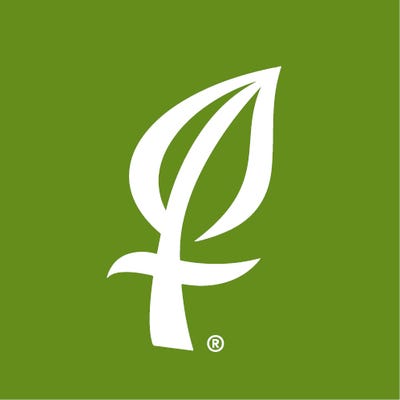May 9, 2003

"We believe the mayhaw could be an economic development opportunity for our state," said LSU AgCenter horticulturist Dr. John Pyzner. "We don't have enough growers now to meet the demands for mayhaws."
Growers from Louisiana, Arkansas and Mississippi met for the Eighth Annual Mayhaw Conference and Field Day at the LSU AgCenter's Grant Walker 4-H Educational Center in Pollock May 2. The LSU AgCenter and the Louisiana Mayhaw Association sponsored the conference.
Dr. Charles Graham of the LSU AgCenter's Calhoun Research Station conducts research on mayhaws and says the berries always have been a favorite fruit of Louisiana residents.
"People began transplanting mayhaw trees from the swamps, where they grew naturally, to higher, drier ground about 25 years ago," Graham said. "Mayhaws grow better in drier, upland soil. Although some people think mayhaws should be grown in swampy land, I advise people not to plant mayhaws in wet ground."
Pyzner agreed, saying that people began to realize where the trees could be grown as they moved them out of the swamps. "Many people think mayhaws only grow in flooded areas because they are naturally found there, but that's not the case. They actually grow better away from the swamp."
The transplanting of mayhaws began as the swamps were developed into cropland and residential areas, according to the experts, who say that transformation of land made people who were used to gathering mayhaws in the wild realize they had to grow them instead.
John McLure, president of the Louisiana Mayhaw Association, said the fruit grown commercially in Louisiana is mostly in the central part of the state. But he also said the marketing potential for mayhaw products is tremendous.
Some foods that can be made from mayhaws include fruit juice blends, jams, jellies, syrups, wines, barbecue sauces, sorbet and other toppings, Johnson said.
Among the other speakers during the conference was Charles Hutchins from the Grant Fruit Processing Co. He covered new Food and Drug Administration guidelines that regulate production and processing of fruit juices that may be used in beverages.
"In a nutshell, this regulation oversees the steps of fruit development as far as fungicides, insecticides, insect infestation, and methods of gathering and inspection of fruit are concerned," Hutchins said.
Additional speakers during the mayhaw educational event included Billy Craft, who spoke about dwarf mayhaws and other varieties, Jackie Robbins, who covered mayhaw irrigation, and Bobby Talbert, who spoke about orchard establishment and management. Pyzner also covered mayhaw pests, and two speakers – Bubba Hoggatt and Evelyn White – spoke about mayhaw festivals in Marion and Starks.
To cap off the day of activities, conference participants also toured Grant Fruit Processing's plant and the Little Eden mayhaw orchard.
In addition to the lectures and tours, there was also a mayhaw cooking contest to accompany the day's educational events. Winners for this year's contest were Alex Laney of Ruston, who won for his mayhaw jelly pie, mayhaw dream cake and mayhaw jalapeno pepper jelly; Yvonne Wheelus of Farmerville, who won with her mayhaw jelly; Billy Joe Lyles of Rayville, who won with his mayhaw syrup; and Marilyn Lyles of Rayville, who won for her mayhaw jam.
About the Author(s)
You May Also Like






